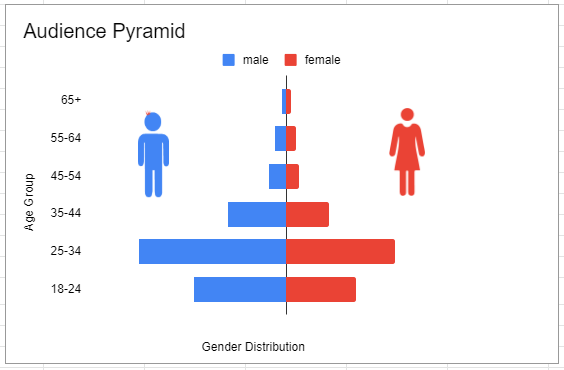Features
Here’s How Quarantine Has Affected Online Shopping In Kenya

Online shopping during this pandemic is definitely something to keep a close eye on as it has shown immense growth in some obvious areas and has managed to pull a few surprises too.
The old adage that crisis doesn’t make a person but rather reveals someone’s true character has shown us that Kenyans are quick to adapt as the world changes.
Data from online shopping site Pigiame shows that men have made the switch to online first shopping faster than women, and not surprisingly people under 40 are more active. 70% of shoppers shop through their mobiles, 28% with their computers and the remaining 2% using other smart gadgets like tablets. Reinforcing the fact that internet penetration in Kenya is overwhelmingly driven by mobile devices, and businesses have to adopt a mobile-first strategy to be successful online.

And what are people buying? As you might have guessed, protective clothing, masks and medical equipment took the highest leap with the entire population striving to keep themselves and their families safe. In second place is educational material with book sales growing by as much as 500% compared to the 3 months before the pandemic.
This is closely followed by electronic devices such as TVs, Gaming Equipment and Audio & Video Equipment. People are looking for ways to stay engaged during the lockdown to both prevent boredom and process all of the COVD-19 information made widely available by media outlets across the country.
Another surprising rise is seen in furniture, home decor, laptops and computer accessories. With more people opting to work from home, more investments are being made towards setting up a proper home office environment. Home appliances also took a steady rise, especially freezing units caused by panic buying in anticipation of a lockdown, especially for family units.
On the downside, the most noticeable casualty is the fashion and beauty category. Limited movement and significantly reduced social events have resulted in fewer people buying new clothes. Car parts, bags, shoes and baby clothes also experienced a dip.
Event planning, equipment hiring and car hire services are also affected as well larger investments such as houses, land and cars, with more shoppers opting to hold on to their cash in order to remain liquid.








